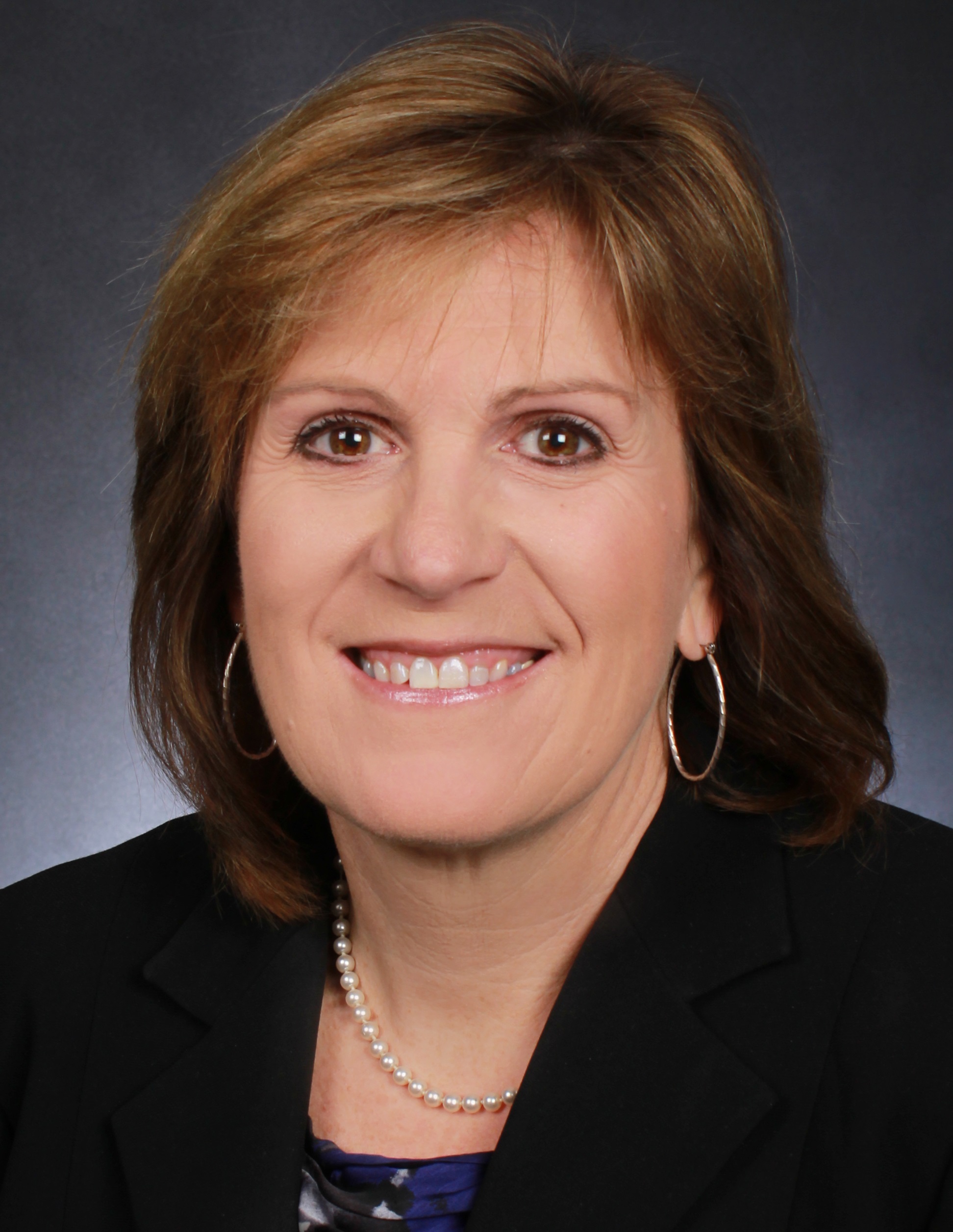C-suite executives from the consumer products and services (CPS) industry were remarkably prescient in their risk perceptions for 2022. After one quarter, many anticipated top risks —namely, disruptive technologies, supply chain bottlenecks, rising costs, labor shortages, data breaches and restrictive government policies — have not only persisted but also intensified.
For example, inflation and cost of labor was a major concern last year, but the Russia-Ukraine crisis, which has put tremendous pressure on oil prices and shipping costs, has pushed inflation to historic highs across many retail and consumer goods categories. The war, which certainly was not a consideration when the executives were polled about their top risk concerns for 2022 and a decade ahead, is now a dominant threat to the industry in terms of direct financial impact due to business cessation in Russia and the resulting disruption in the supply of raw materials produced by both countries. Russia and Ukraine are significant suppliers of many critical raw materials, particularly in the energy, agriculture and metals sectors. We expect the impact of the supply disruption and war overall on globalization to endure for a long time. (Read more about Protiviti’s views on the war’s impact on globalization here.)
Crisis brings out the worst — or best — in organizations, but particularly so in a fiery geopolitical environment, where an unforced error can easily create a major reputational risk issue.
For instance, CPS companies that neglect to address environmental, social and governance (ESG) issues risk jeopardizing their ability to earn long-term, sustainable profits going forward.
This message clearly is getting out. In recent months we have observed eco-conscious initiatives being rolled out by big brand stores like Target, which is testing a sustainable store that generates all of its energy from solar panels, and Ikea, which continues to invest in renewables and set up schemes to provide suppliers with on-site renewable-energy generation. For more on how consumer goods and retail companies can incorporate ESG principles into resilient supply chain practices, tune in to this upcoming webinar.
More than ever, consumers care deeply about companies’ stand on social, sustainability and regulatory matters, which means that leading brands need to reexamine their purpose and value and make decisions that resonate with target consumers. One such issue that appeals to consumers, regulators and lawmakers alike is data protection and privacy. Recently, the threat of Russian state-sponsored actors targeting Western companies’ networks and e-commerce platforms has elevated this risk. If they haven’t already, CPS companies should adopt a formal plan for collecting and maintaining first-party data, in addition to beefing up crisis management, incident response and data recovery plans to ensure rapid response and recovery from a potential cyberattack.
One thing no one can predict is how the ongoing crisis will end. The National Retail Federation projects in its April 2022 Monthly Economic Review that the geopolitical crisis is likely to cause a resetting of the U.S. and world economies. Both businesses and consumers will be affected, but the report suggests that it is too soon to tell by how much or for how long. What is clear is that the uncertainty requires laser-focused attention on mitigation strategies and contingency planning.
Investments in quality data and predictive analytics remain very critical. For example, incorporating more external data, such as interest rates or buying habits, will help retailers to better anticipate future demand. Leveraging sales data analytics and machine learning would increase companies’ chances of circumventing market volatility. Read more about how organizations can use predictive modeling to manage supply chain challenges here.
In an increasingly omnichannel world, CPS companies should continue to adopt technology to optimize internal processes, engage with customers more fully and enhance overall customer experience. Whether investing in IoT sensors to monitor products from the factory floor to store shelves or adopting cloud computing and artificial intelligence solutions, having the tools to enhance customer experience and create loyalty will go a long way to build resilience against future disruptions.
Read more about CPS executives’ perspectives on top risks for 2022 and 2031 here.
Christopher Wright, managing director and global leader of Protiviti’s Business Performance Improvement practice, contributed to this blog.





